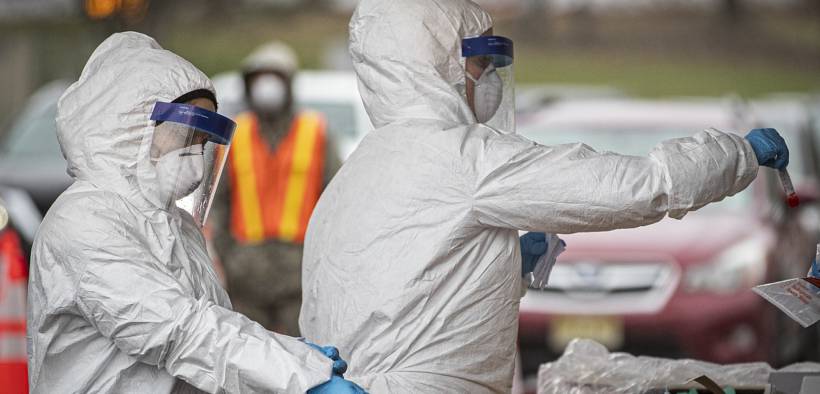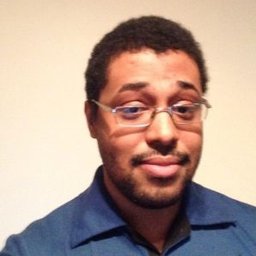Exclusive Interview, Dr. E Hanh Le Discusses The United States Battle Against COVID-19

“Most researchers estimate that we will not have a viable COVID-19 vaccine until 2021, at the earliest.”
In total, the United States has had over 2.4 million confirmed COVID-19 (Coronavirus, 2019) cases since the onset of the virus at the beginning of 2020.
Over the weekend: Arizona, California, South Carolina, Texas, and Utah set records for COVID-19 related hospitalizations, while Florida recorded a state record 9,585 new cases on Saturday. Georgia, Nevada, and South Carolina each recorded a new daily high on Saturday, with 41 states seeing an uptick in new cases from a week ago.
Recently Citizen Truth was able to speak to Dr. E Hanh Le, Senior Director of Medical Affairs at Healthline, regarding the outbreak.
Is the United States beginning the reopening phase too soon? A number of countries like Australia, Japan, and New Zealand did not begin lifting quarantine until their daily cases were far lower than where the US currently is?
It’s a complicated calculation between local incidence numbers, hospitalization and death rates, and available

Dr. E Hanh Le of Healthline via Peter Samuels
medical resources. That said, every time any community opens again, there will be an inherent risk of increased transmission of COVID-19, but that doesn’t mean the community necessarily must experience a huge spike in cases again. There are still ways to mitigate risk, including reminding residents to continue to wear face masks while in public, especially if they are not able to maintain a physical distance of 6 feet or more. Also, it is still advisable to continue to practice good handwashing, particularly when returning home from public places such as grocery stores, gas stations, and public transit.
With daily COVID-19 cases where they are, is it nearly guaranteed that the United States will have to enter another quarantine period in several months?
We decline to speculate.
How close are doctors in the United States to developing a COVID-19 vaccine? If one is found, do you believe it should be administered free of cost to patients?
Most researchers estimate that we will not have a viable COVID-19 vaccine until 2021, at the earliest. Even when one is available, there may not be enough for all patients, which means that those at greater risk of severe complications from COVID-19 (e.g., people with certain health conditions) or those who have a greater risk of being exposed to the SARS-CoV-2 virus (e.g., healthcare workers), will likely receive the vaccine first.
The CARES Act mandates that most insurance companies cover COVID-19 testing and treatment at no cost to their members. The Act also applies to any COVID-19 vaccine that is recommended by the US Preventive Health Services Task Force and the CDC. As we have seen the devastating health and economic consequences of this virus in our country as a whole, we are hopeful that a vaccine will be offered for free to all individuals.
Does Healthline closely monitor recommendations from the World Health Organization? If so, what are the major lessons learned from the WHO regarding combating COVID-19?
Yes. Physical distancing and wearing face masks are good measures to help you reduce the risk of contracting the virus. Sheltering in place and physical distancing continue to be the best strategies to help prevent rapid, sharp increases in COVID-19 cases.
What mental health practices do you suggest people adapt to combat with the stresses related to living during a global pandemic?
Focus on your personal wellness with MEDS — Meditation, Exercise, Diet, Sleep. Know what resources and medical services are available to you. Reach out to people — it’s okay to share your vulnerability. Consume the news in measured doses – nonstop news coverage can be overwhelming and lead to unnecessary anxiety, which does more harm than good.









